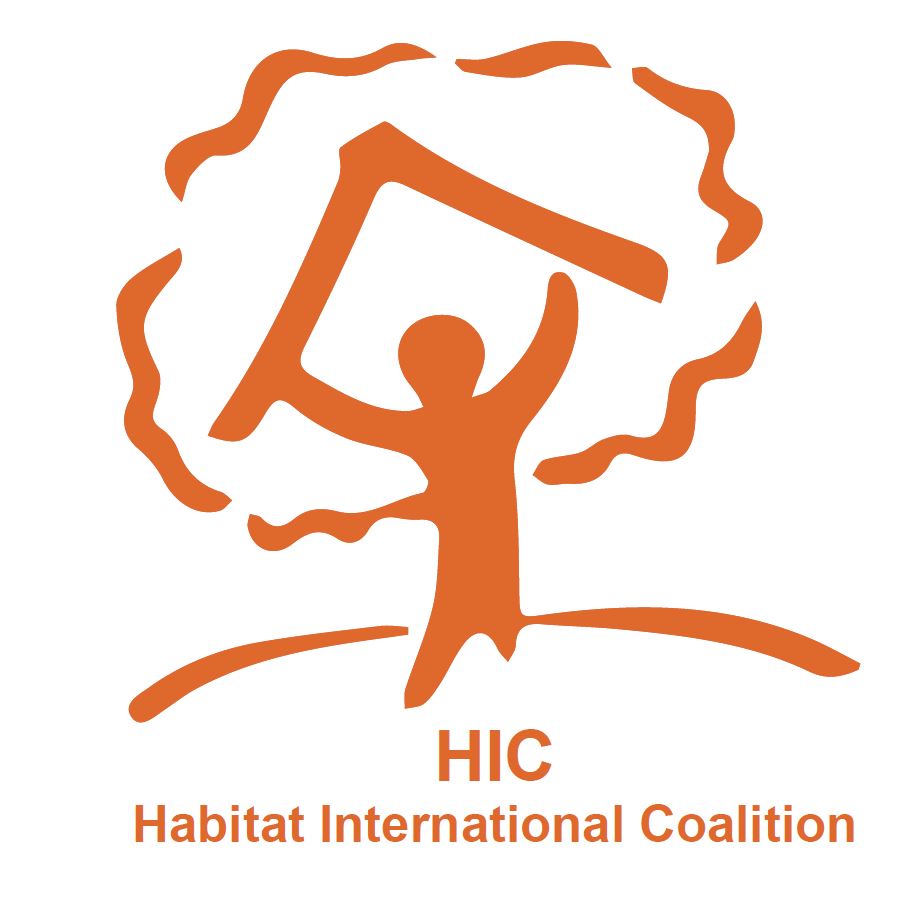
Nairobi, 15 April 2015
Thank
you, Mme. Co-Chair. My name is Davinder Lamba, former president and
representative of Habitat International Coalition (HIC), the global network for
housing and land rights formed in Vancouver in 1976, and today representing
more than 300 social movements, nongovernmental and academic organizations on
every continent.
Our
Coalition believes Habitat III must preserve three basic principles:
(1) Processes must be at least as inclusive as Habitat II;
(2) We should maintain and build on the Habitat Agenda, and not produce a
narrow “urban agenda”; and
(3) Human rights and
good governance must continue to anchor and guide global human
settlement policy and commitments.
The
Habitat III process and contents must be grounded in:
(1) A comprehensive evaluation of progress meeting the
Habitat II commitments;
(2) A review of housing rights and good governance practices
consistent with the Habitat II promise including gender equality and benefitting
from lessons learned and improved understanding of the issues since Habitat II;
and
(3) Preparation for emerging human settlements development
challenges including improving “balanced rural and urban development” as
pledged since Habitat I in 1976.
States
and governments reaffirmed their obligations to uphold the right to adequate housing 61 times in
the Habitat II documents. This included their pledge to protect communities from and redress forced evictions and to combat homelessness. Unfortunately, neither
of these core commitments is mentioned in the guidelines for preparing Habitat
III National Reports.
Over the past 20 years, HIC and many other stakeholders have
developed and further clarified the human-rights and good governance concepts
implied in Habitat II. Together, we have identified the following key elements to
include among the New Habitat Agenda commitments:
The claim for all people’s Right to the City
has emerged in global, local and regional charters, UCLG’s “Charter Agenda on Human
Rights in the City” and is led by a growing Global Platform for the Right to
the City.
The Social
production of habitat, or people’s processes to
construct and manage housing and the built environment, is often the only
choice facing marginalized communities. These processes contribute to providing
decent living spaces, strengthening local economies and social development.
The social function of land and property,
to the benefit of the common good, prioritizing those with the greatest need.
Surplus – and land-value capture (a.k.a.
LVC) which are expressions of the Habitat II commitment to “innovative
instruments that capture gains in land value and recover public investments.”
Local fiscal systems that generate
inclusive people-centered development outcomes
Holistic habitat planning
that maintains city-region food systems and respects the urban-rural continuum
Accountability for violations of habitat
rights and extraterritorial obligations of states and private sector,
including: forced evictions; population transfer and settler colonies in
occupied territory; land grabbing; and other gross violations which have
continued with impunity in every region since Habitat II. Reparation for those
affected must also be ensured.
Resilience:
Human settlements and their inhabitants must be more resilient but our focus
should be on addressing the root causes of environmental and economic crises and
the accountability of responsible parties.
Urbanization is not
inevitable. The distribution of urban
wealth and poverty are systemic, but also grounded in deliberate choices and
should not be exempt from needed restraint.
Distribution of wealth and
not only growth is a critical measure of development, and policy and governance
success. States and governments would fail in their duties to impoverished
citizens if Habitat III did not commit to wealth redistribution.
The
Habitat II principles and commitments for a better world, although never fully operationalized
or evaluated, provide a solid basis for the New Habitat Agenda in 2016. This
time we must have comprehensive targets to be continuously monitored nationally
and internationally. There is also the opportunity to reform UN Habitat both aligning
it with the UN Charter triple purposes – security, development and human rights
– and developing formal ongoing consultation mechanisms with civil society
organizations. A New Habitat Agenda that falls short of these standards risks
being as neglected as Habitat II’s broken promises, squandering the great
efforts and resources invested in this Habitat III process and the 40 preceding
years of normative development.
Thank
you, Mme. Co-Chair, for allowing HIC to present its perspective and proposals.